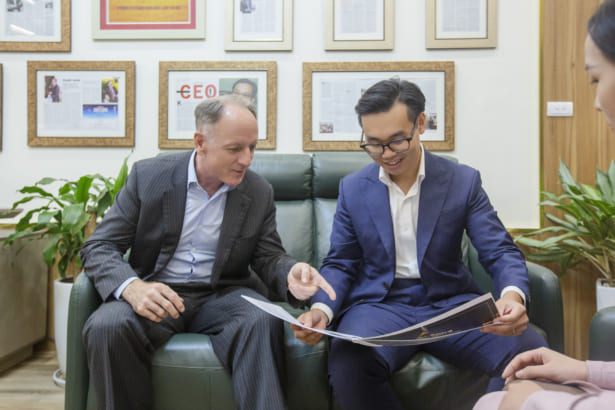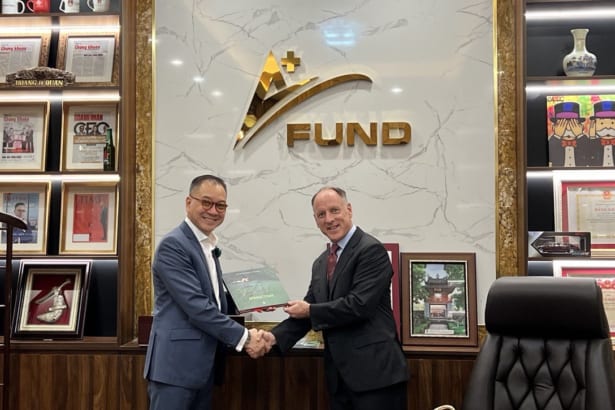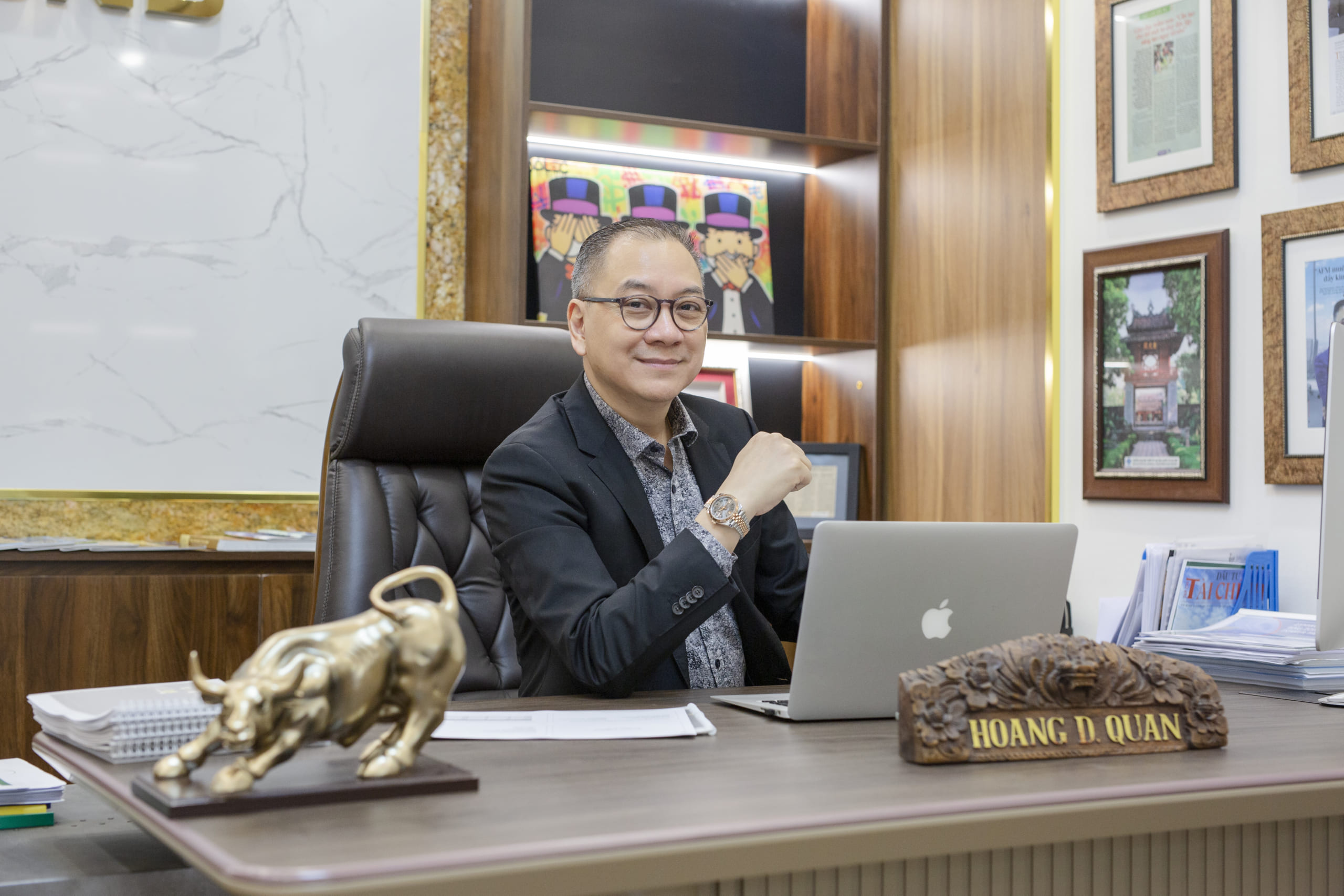The Vietnamese stock market has fallen close to 40 per cent in 2022. Given the unprecedented level of participation of new F0 investors during the pandemic, the market downturn in Vietnam has dropped much deeper than other markets in Asia.
Add high global inflation, the Ukraine conflict, climbing oil and gas costs, logistics and supply chain complexities, and tightening credit and we have a situation that adds even more pressure on retail investors as well as corporate leaders.
 |
| Quan Duc Hoang-Chairman, A+ Fund |
The most pressing issue facing CEOs these days are negative outlooks and possibly credit and liquidity risk. With governments globally tightening credit and reducing government balance sheets aggressively to curb inflation, it gives rise to a gloomy outlook by most.
Having started my career in 1989 in New York and returning to Asia in 1995, to say I have seen it all is an understatement. There was high inflation in the US back in the 1980s, a market spiralling downwards after the 2000 dotcom bubble, the 2008 housing credit crisis, to name a few.
In Vietnam, we saw the stock market drop in 2011 and now this year. So far, 2022 looks like it could be the worst yet. Vietnamese businesspeople are feeling the pain of inflation, logistics and supply chain constraints, oil and gas costs, and on top of all these we have monetary tightening.
I believe this is the most challenging times facing business leaders and owners alike. Specifically, I see the liquidity risk, or lack of access to credit, being the most sensitive issue, second only to the rising cost of operations. As inflation creeps into every aspect of the business value chain, from transport and logistics to shortages of quality labour, businesses face so many headwinds at the same time.
Aside from this, high inflation, VND devaluation, and lack of investment opportunities will drag down consumer spending. With low spending means low demand. As demand decreases, we will see companies cutting back in spending.
We have seen major manufacturers here announce cutbacks of thousands of labourers. We see major corporations in the US shedding jobs as well. This trend may continue for months to come as supply chain and economics outlook continue to show sign of weakness.
In times like these, having access to credit and capital in key. Having seen this story before, my partners and I launched the A+ Fund in April. We seek to invest via different structured loans and investments for various small- and medium-sized enterprises.
Companies with paid up capital of VND400 billion ($16.8 million), positive financial health, and good sales are our minimum criteria to select to invest. The new fund can invest up to VND100 billion ($4.2 million) per deal.
The goal is to raise an additional VND600-800 billion ($25.2-33.6 million) in 2023 to expand our investment portfolio companies. Our mandate is simple – we seek fast-growing companies seeking growth and expansion capital. With my 28 years in Vietnam and an experienced senior management team, we feel we are in a unique position to help such businesses access capital and credit in these times.






